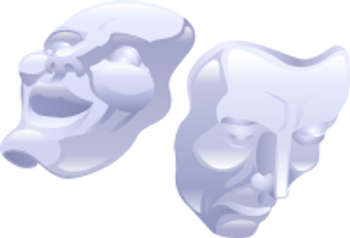
The stories of two psychiatrists who died recently-one who passed away gently at the end of a long life; the other died violently, much too soon.

The stories of two psychiatrists who died recently-one who passed away gently at the end of a long life; the other died violently, much too soon.
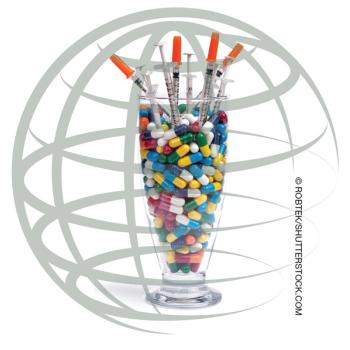
A report on substance abuse and HIV research around the world.

The effects of climate change are severe and global, affecting world economies, triggering migrations and wars, and having profound effects on mental and physical health.
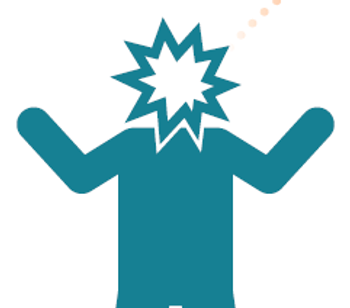
The views of mental health experts on changes in psychiatric theory and practice since World War II.

Comorbid medical symptoms, polypharmacy, and cognitive decline are hallmarks of depression in the fastest growing segment of the population.

An update on what happens in the brain when the mind is engaged in psychotherapy.
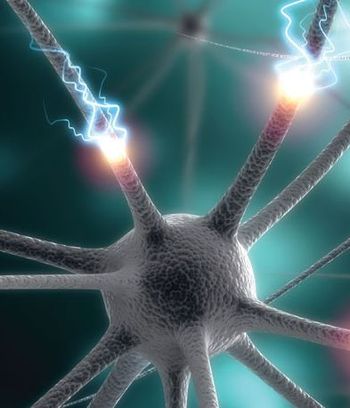
The Editor in Chief of Psychiatric Times discusses some of our new initiatives to bring readers the most up-to-date information in the field of psychiatry.
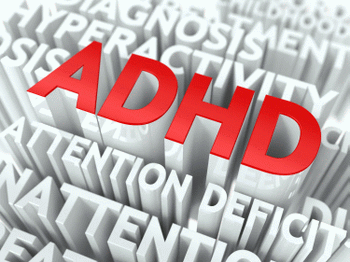
The clinical presentation and functional impacts of ADHD in adults vary greatly from their child and adolescent counterparts. Here: latest information on this complex topic.
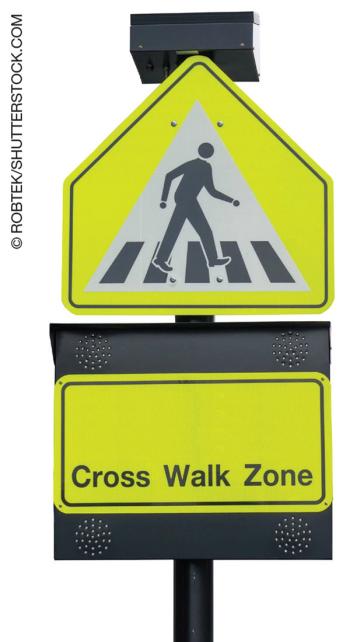
A reminder that success in life requires paying attention to the basics, starting with showing up and hanging in there.
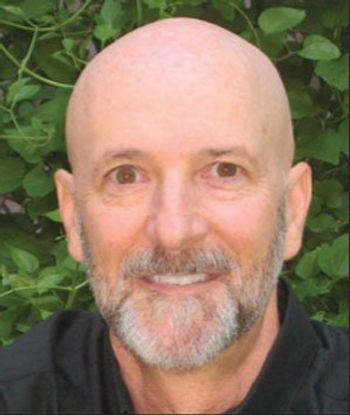
I want my patients to believe I consider Peabody’s advice before I see them, that I recognize our shared humanity...
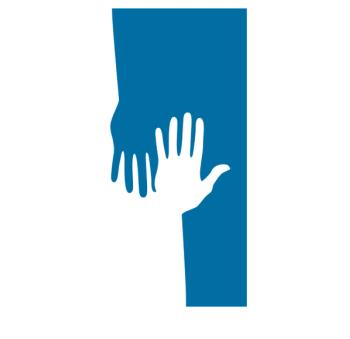
A study has found that induction of slow waves during early non-rapid eye movement sleep may improve executive function in children with ADHD.

We are the richest nation in the history of the world and yet we provide the worst care ever conceived for the severely ill who most need it.

In addition to helping indiviiduals with PTSD, psychiatrists can play an active role in resolving trauma experienced by the country as a whole.

In the treatment of depression, clinicians are often faulted for failing to give an antidepressant medication at a high enough dose. What is high enough? Answering this question turns out to be tricky.
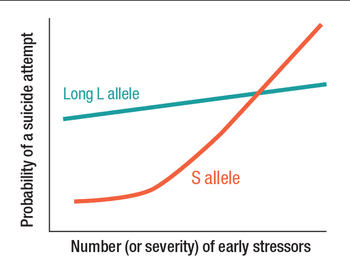
Striking findings on the relationship between stress and depression.

Flibanserin is a breakthrough. We will finally be able to talk to women with hypoactive sexual desire disorder about a treatment that has FDA approval.

DSM-5 sleep-wake disorders are now more in sync with other medical disorders and sleep disorders classificatory systems. Here's what's changed.

Here's a brief history of sleepwalking, associated factors, and pathology; sleep-related violence and forensic considerations; and management strategies.

Here's an update on parasomnias-the undesirable physical, experiential, or behavioral phenomena that occur exclusively during sleep onset, during sleep, or during arousals from sleep.

All psychiatrists know the risk factors for suicide. Among the newest modifiable risk factors to join the list are insomnia and nightmares.
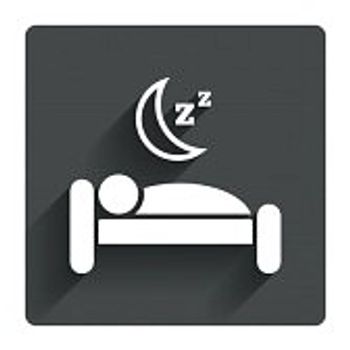
Sleep disorders represent a significant problem in patients with Alzheimer disease. Here: assessment strategies and a review of drug and non-drug interventions.
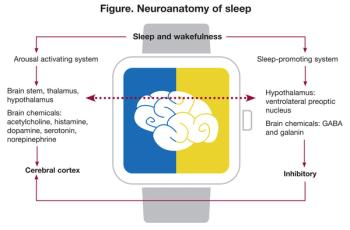
Sleep-related problems are among the most disabling consequences of TBI, with multiple influences: impairment of neuronal plasticity, metabolomic alterations, loss of vascular homeostasis, and disruption of the blood-brain barrier. The authors take a close look.
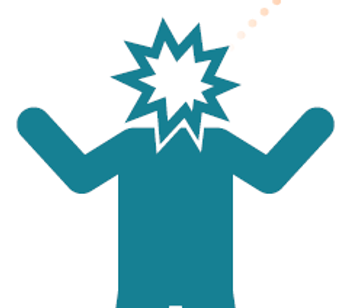
Treatment with a selective estrogen receptor modulator in adjunct to antipsychotics was associated with improvements in attention and memory in men and women with schizophrenia in a recent trial.

Whether Pope Francis has ever met with, or made a referral to, a psychiatrist, it is clear that he knows something essential about psychiatry.

Here: the ordeal of a Russian psychiatrist who objected to the political abuse of psychiatry in the Soviet Union-and did something about it.
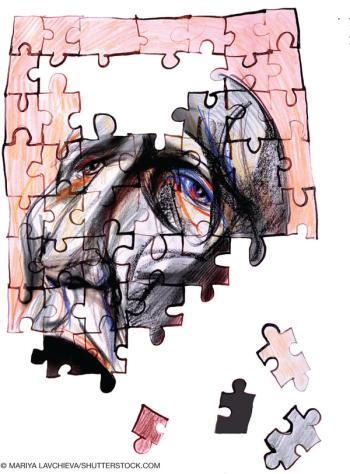
Despite the efforts of a dedicated Work Group, DSM-5 has not significantly changed the problems with PTSD that beset DSM-IV.
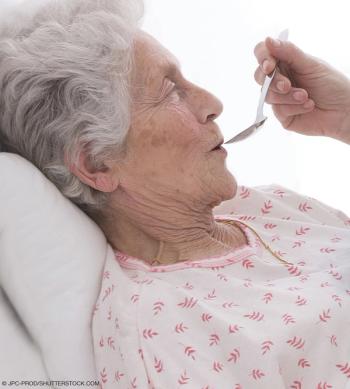
Do cholinesterase inhibitors lead to weight loss in older adults with dementia? Here's a wrap up of a large study of patients in a real-world setting who had newly started these medications.

Twenty years ago, it was rare for college students to mention suicidal thoughts, and even more rare to involve parents in their care. Today, students are more likely to describe suicidal ideation, necessitating a more thorough safety assessment with potential outreach to parents.
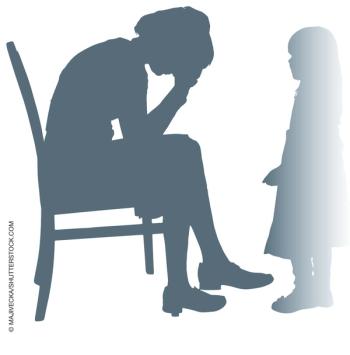
A look at what neuroimaging studies reveal, methylation patterns of the NR3C1 gene, and new methods to address disturbances in the parent-child relationship.
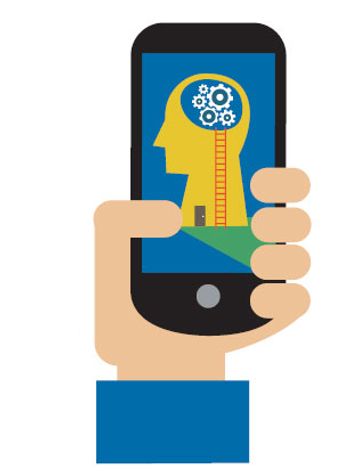
How will mobile mental health technologies change the nature of the psychiatrist-patient relationship? And do these technologies truly deliver what they promise?